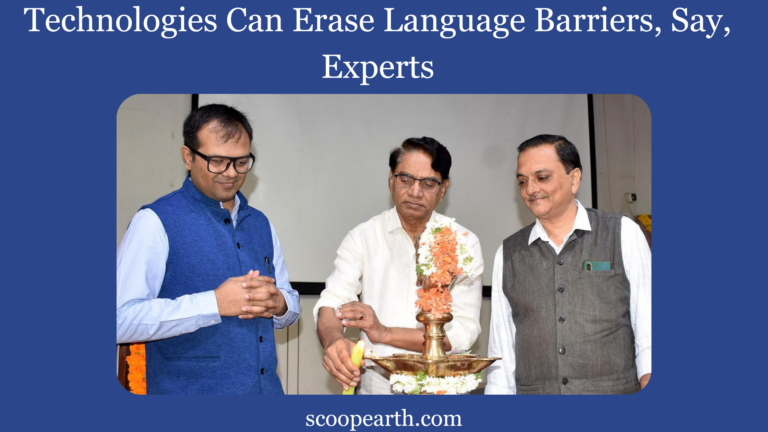Tuesday, 20 June 2023, Bengaluru, India
Language boundaries are disappearing, according to Prof. G. Umamaheshwara Rao, president of the Linguistic Society of India (LSI), and there should be no classification of languages as classical or modern, simple or complicated.
Prof. G. Umamaheshwara Rao said: “The idea that some languages are standard and while others are inferior is unscientific.
Prof. Rao gave the opening speech at the Summer School in Computational Linguistics organized by the Linguistic Data Consortium for Indian Languages (LDC-IL), Central Institute of Indian Languages (CIIL), Mysuru.
He traced the history of language and explained that writing on various surfaces was the first phase of language technology, followed by books and publications, and then the transfer of ideas and thoughts via the internet. Language barriers could disappear thanks to real-time automated technology. Such summer schools are being organized with this goal in mind, he said.
In his presidential address, Prof. Shailendra Mohan, Director of CIIL, stated that it is a good opportunity to master language technology. All languages are created equal, and the institute values all Indian languages equally. All Indian languages have a similar structure; there aren’t many morphological or script-related distinctions.
Languages have many words in common. Technology that is created for one language can also be applied to others. In a few years, technology will be able to break down linguistic boundaries. To promote Indian languages, the Institute has run a huge number of programs in partnership with numerous colleges and organizations, he noted.
The program’s goals were discussed by Dr. Narayan Kumar Choudhary, office in charge of LDC-IL. He mentioned how computational technologies and language algorithms could be used by linguists to create language technology.
Dr. Choudhary described the goals of the SSCL-2023, saying that the program exposes participants to the field of language technology, trains linguists in the most recent developments in the field, develops resources (corpus) for future work on the project, and also trains resource people in Indian languages for the future.
There will be 25 lectures covering a variety of topics in language technology, including many subdomains like corpus, automatic speech recognition, and text-to-speech, as well as practical workshops led by academic and professional professionals on each pertinent language technology problem. There are over 70 participants from different universities, IITs, and research institutions across the nation.
[Source of Information: thehindu.com]










